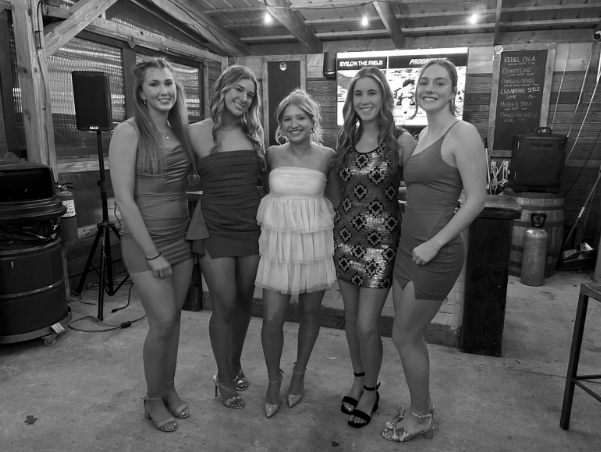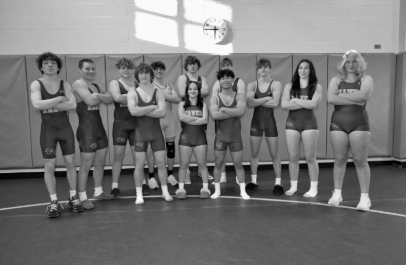Demonstrating compassion correctly;
Finding balance in showcasing feelings
November 16, 2021
Affection comes in a multitude of different forms. Whether it’s through physical touch or vocal affirmations, Seniors Gavin Lewis and Bella Silvestri, as well as an anonymous junior, confirm that affection is an overall positive experience.
Regarding showing someone fondness, Silvestri finds the best way to do this is through “hugs, handholding, and calling [their significant other] theirs.” The anonymous junior agrees that both the “physical touch and compliments” are essential to inform a person of their importance.
Lewis adds that showing passion to one you like can typically be done by “being kind and allowing them to know you are there for them.” He notes that “genuinely caring about their well-being and happiness, and simple stuff like asking how their day is” allows a person to know their fondness for them.
However, these students consider many things over-the-top when others try to portray their devotion towards them. For example, Lewis finds that “stalking or being overbearing to them in some way, shape, or form” to be too much for people in a relationship.
The anonymous response reported that “almost any [type of] public display of affection in public” is “too much for [them].” Yet, seeing others being affectionate in public “doesn’t bother [them] unless they’re loudly making out.”
When it’s time for the first date, the anonymous responder says that “sitting down at a restaurant is a big no.” They urge people to “carry out some really good food and eat it somewhere that isn’t near any other people.”
They disclose that their reasoning for this is that “a first date should just be with the other person,” without “strangers anywhere near [them].” Silvestri disagrees with this statement, stating that the perfect place for a date is “a mall or [restaurant].”
As these students look for the perfect someone, they take many factors into consideration. Lewis says that one major turn off for him are people who are “similar to [himself].” The senior elaborates by stating he enjoys when “people have vastly differing world views to me.”
Silvestri declares that she is disinterested in people who are not enough like herself. For instance, those who use slurs, make fun of strangers, and have poor manners, she says, are people she avoids.
Those who are “too affectionate,” expresses the anonymous junior “get on [their] nerves.” While they can handle attachment, but if it’s “nonstop”, then they “just get annoyed.”
Though there are countless ways these students have found they could lose interest in someone, they have also discovered some key components they look for when looking to start a relationship. Silvestri says that a major turn on is “basic acts of chivalry.” She notes that people who hold doors, allow ladies to go first, give “gentle affirmations, and compliments” show her what a good connection should be.
Lewis has found that he enjoys girls who are full of “optimism” and, as mentioned earlier, have “differing world views from [his] own.” He appreciates acts of “genuine kindness” that are “not the type that people put on for show, the type that you know they absolutely did not have to do but did it anyways.”
















